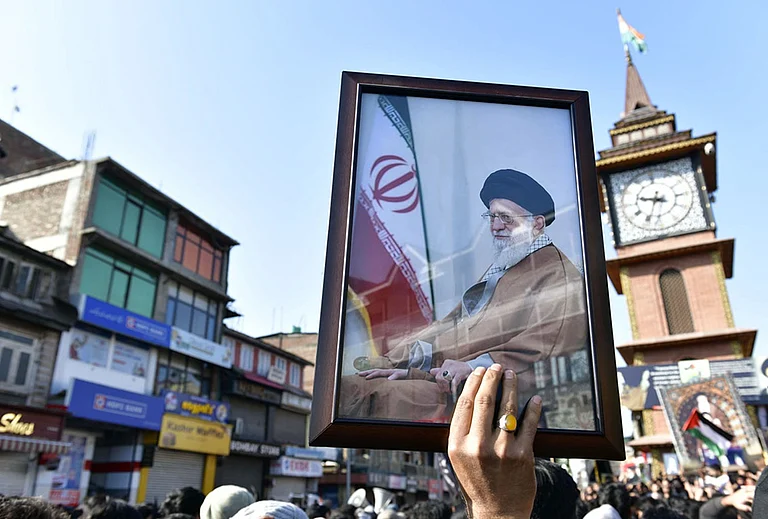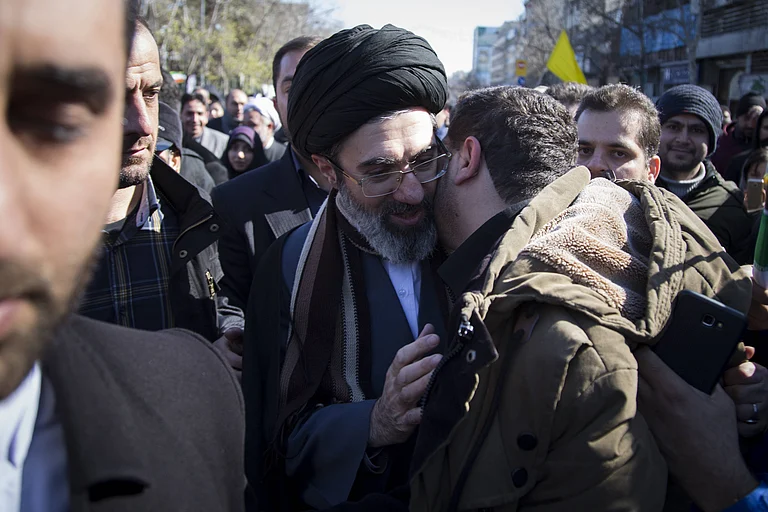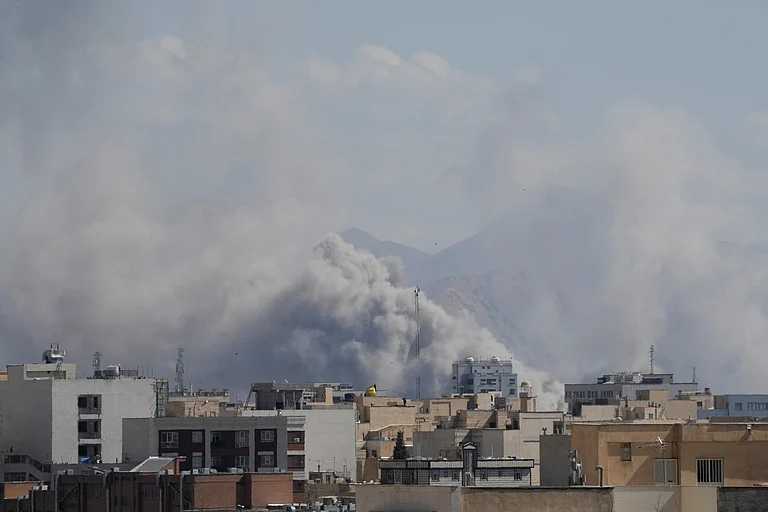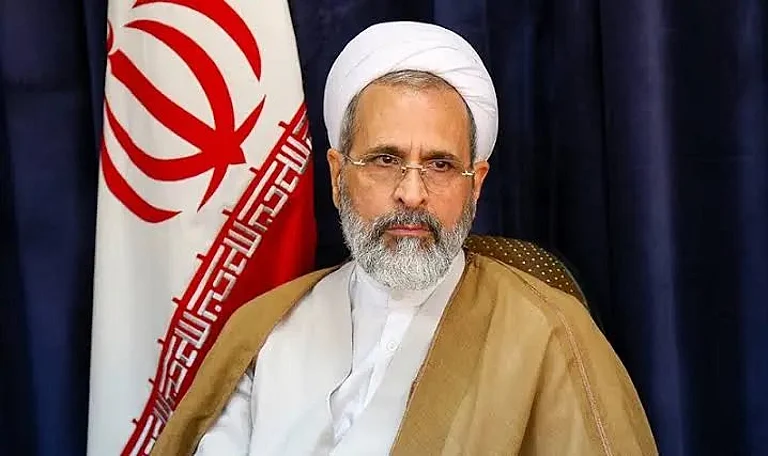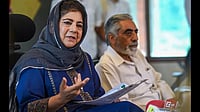
Summary of this article
The United Nations Security Council on Friday rejected an effort to extend sanctions relief to Iran.
The resolution was put forward to the 15-member council by Iran’s long-standing allies, China and Russia.
Iranian officials have defended their position over the last several weeks, saying that they've put forward "multiple proposals to keep the window for diplomacy open".
The United Nations Security Council on Friday rejected an effort to extend sanctions relief to Iran. The proposal sought to extend the Joint Comprehensive Plan of Action (JCPOA) for six months, a day prior to the deadline and after western nations claimed the weeks of talks led to no concrete agreement.
The resolution was put forward to the 15-member council by Iran’s long-standing allies, China and Russia. However, the draft received four votes in favor, nine against and two abstentions.
The development came a month after three European countries that signed the agreement – France, Germany and the United Kingdom – notified the Council about what they described as Iran’s “significant non-performance” and violations, thus triggering the so-called “snapback mechanism”.
The development is set to freeze Iranian assets abroad, halt arms deals with Tehran and penalise any development of Iran's ballistic missile programme, among other measures. These will come into effect on Saturday evening (27/09/2025).
"We had hoped that European colleagues and the US would think twice, and they would opt for the path of diplomacy and dialogue instead of their clumsy blackmail, which merely results in escalation of the situation in the region," Dmitry Polyanskiy, the deputy Russian ambassador to the UN, said during the meeting.
Over the last one month, Iran's Foreign Minister Abbas Araghchi has been meeting with his French, British and German counterparts to strike a last-minute deal. Despite the efforts, the talks did not lead to any conclusion.
Iranian officials have defended their position over the last several weeks, saying that they've put forward "multiple proposals to keep the window for diplomacy open". On Friday, Araghchi said in a social media post that "the E3 has failed to reciprocate" efforts, "while the US has doubled down on its dictates". He urged the Security Council to vote in favour of an extension to provide the "time and space for diplomacy," AP reported.
The European nations have, however, laid down guidelines for Iran to comply with if they want the sanctions to be pushed further. Those include resumption of direct negotiations with the US over its nuclear program, allowing UN nuclear inspectors access to its nuclear sites, and accounts for the more than 400 kilograms (880 pounds) of highly enriched uranium the UN watchdog says it has.



